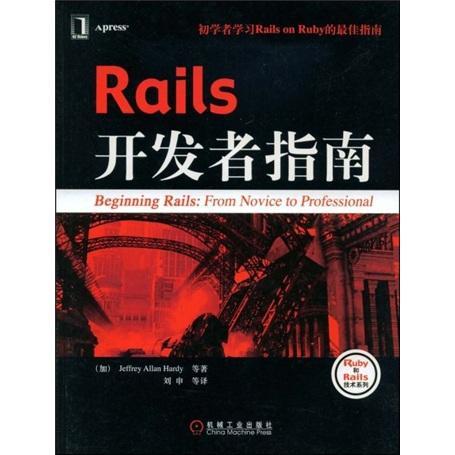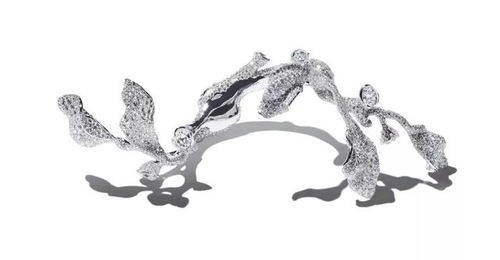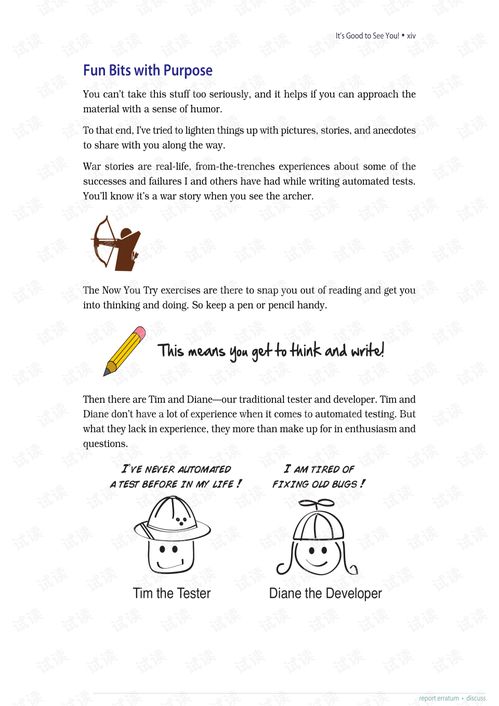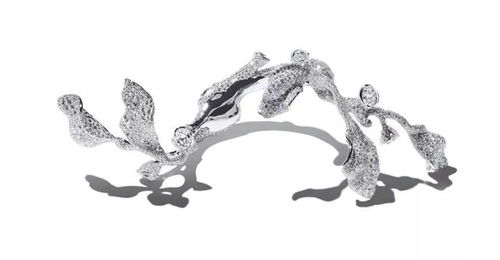Content:
Fishing is an art form that requires patience, skill, and a deep understanding of the water and the fish you're targeting. Whether you're a seasoned angler or a beginner looking to improve your technique, there are always ways to upgrade your fishing skills. Here's a comprehensive guide on how to elevate your fishing prowess.
Learn the Basics
Before you can start upgrading your skills, it's essential to have a strong foundation. Here are some basic principles to master:
- Understanding Fish Behavior: Learn about the habits and patterns of the fish you're interested in catching. This includes their feeding times, migration routes, and preferred habitats.
- Fishing Knots: Master the essential fishing knots such as the Palomar Knot, the Clinch Knot, and the Uni Knot. These knots are crucial for securing your line to hooks, lures, and leaders.
- Rod and Reel Selection: Invest in the right equipment for the type of fishing you're doing. A lightweight rod for panfish and a heavy-duty rod for saltwater fish will serve you differently.
Improve Your Casting Technique
Casting is a fundamental skill that can make or break your fishing experience. Here's how to improve your casting:
- Practice Makes Perfect: Spend time practicing your casting technique. Use a casting net or a practice casting machine to refine your throw.
- Accuracy: Focus on casting with precision. This means not only casting the lure to the desired location but also with enough force to reach it.
- Wind Management: Learn to cast effectively in windy conditions. Practice casting against the wind to develop a technique that can handle variable weather.
Master Bait Presentation
The way you present your bait or lure can make a significant difference in your success rate. Here are some tips:
- Natural Movements: Mimic the natural movements of the fish's prey. This can be achieved by using the right bait or lure and manipulating it with the right cadence.
- Subtle Adjustments: Pay attention to the subtle changes in the water and adjust your presentation accordingly. This might mean changing the speed, depth, or direction of your lure.
- Patience: Allow your bait to sit still for a few moments before retrieving it. Many fish strike when the bait is still, as it may seem more natural.
Develop Your Knowledge of the Water
Understanding the water you're fishing in is key to improving your technique:

- Water Conditions: Monitor water temperature, clarity, and flow. These factors can significantly impact fish behavior and where they'll be located.
- Structure: Identify and understand the structure in the water, such as rocks, logs, and weed beds, as these can be prime spots for fish to hide and feed.
- Topography: Study the topography of the area, including underwater contours and depth changes, to find the best spots to fish.
Expand Your Gear and Techniques
Once you've mastered the basics, it's time to expand your gear and techniques:
- Tackle Box: Invest in a variety of lures, baits, and terminal tackle. This includes different sizes and types of hooks, sinkers, swivels, and leaders.
- Techniques: Learn new fishing techniques such as fly fishing, spinning, baitcasting, and ice fishing. Each technique has its own set of skills and strategies.
Join a Community
Connecting with other anglers can provide invaluable insights and advice:
- Local Clubs: Join a local fishing club or community. These groups often organize fishing trips, tournaments, and share tips and tricks.
- Online Forums: Participate in online fishing forums where you can ask questions and share experiences with a wider community of anglers.
Keep Learning and Adapting
Finally, the key to improving your fishing skills is to keep learning and adapting:
- Continuous Learning: Stay updated with the latest fishing techniques, equipment, and trends. Read fishing magazines, watch instructional videos, and attend workshops.
- Adaptability: Be willing to change your approach based on the conditions and the fish you're targeting. Sometimes, the most successful anglers are those who can adapt quickly to changing circumstances.
By following these steps and continually refining your skills, you'll be well on your way to becoming a more skilled and successful angler. Remember, the journey is as important as the destination, so enjoy the process of learning and improving your fishing techniques. Happy fishing!












